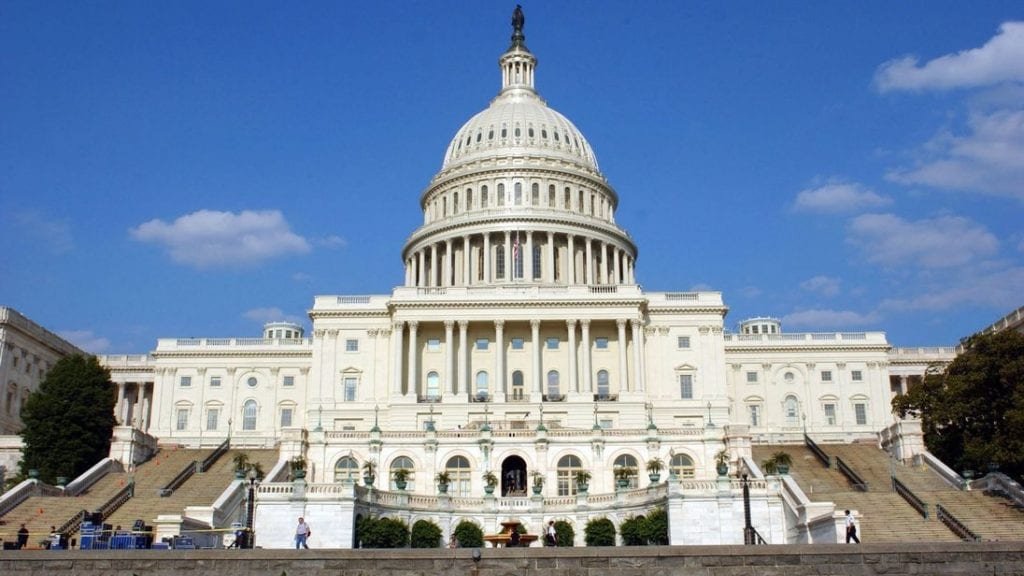Chinese Smartphone Giant Huawei complains about U.S. government’s nervousness

Earlier we had reports about Huawei seeking a deal with the U.S. to sell their products directly in the U.S. market. We also had report in January which said Huawei is unable to sell its smartphones via U.S. carriers, However, Huawei was close to the deal with one of the U.S popular carrier AT&T, it was estimated that Huawei will be able to sell its 90% of smartphone via AT&T in the United States, but due to pressure from the government AT&T was unable to sign the agreement with Huawei and the collaboration between both companies end up with a deadlock.
Now, Huawei complains about U.S. government nervousness, according to Xu Qinsong AKA Jim Xu, Huawei’s head of Sales and Marketing in an interview with Shenzhen, “I really don’t know why they (The U.S. government) are so nervous, they are actually really nervous.”
This is a really strong statement by Xu for the entire country, what makes them reluctant is a real question here. According to U.S. government, they are not allowing Chinese manufacturers to sell their smartphones in the market because of the security reasons but this becomes baseless statement when there are other ways to sell the phones in the market.
People in the United States are still able to purchase and use Chinese phones within the U.S. via third-party retailers. The major problem is the clash of interests between the countries and corporates, somewhat similar to the Chinese restrictions on WhatsApp, Twitter, Facebook and other tech companies in their country. However, smartphones as devices are less vulnerable as compared to the databases tech companies hold when it comes to security.
Currently, Huawei smartphones are not available in the U.S. via carriers which affect its market share in the country. The president of Huawei’s terminal handset product line He Gang said we will focus on emerging markets like Asia, Europe, and India.
Additionally, growing competition in 5G communication technology has elevated the emerging importance of Huawei for the U.S. government, Huawei has successfully conducted 5G tests in Italy and Canada, the company has also announced an investment of $790 million for 5G technology R&D, the company has also launched 5G microwave bearer solution for early 5G adoption.
All this creates concerns among U.S. officials that Chinese companies like Huawei might grab greater or even dominant position in setting 5G technologies, practices, and standards. The U.S. president Donald Trump has halted the hostile takeover bid of Qualcomm by Singapore Company Broadcom as a result.
What could be the future of Huawei and other emerging Chinese companies in the U.S. is still cloudy; the U.S. government is playing its role to bar these companies from entering into the sates.
Digital marketing enthusiast and industry professional in Digital technologies, Technology News, Mobile phones, software, gadgets with vast experience in the tech industry, I have a keen interest in technology, News breaking.









